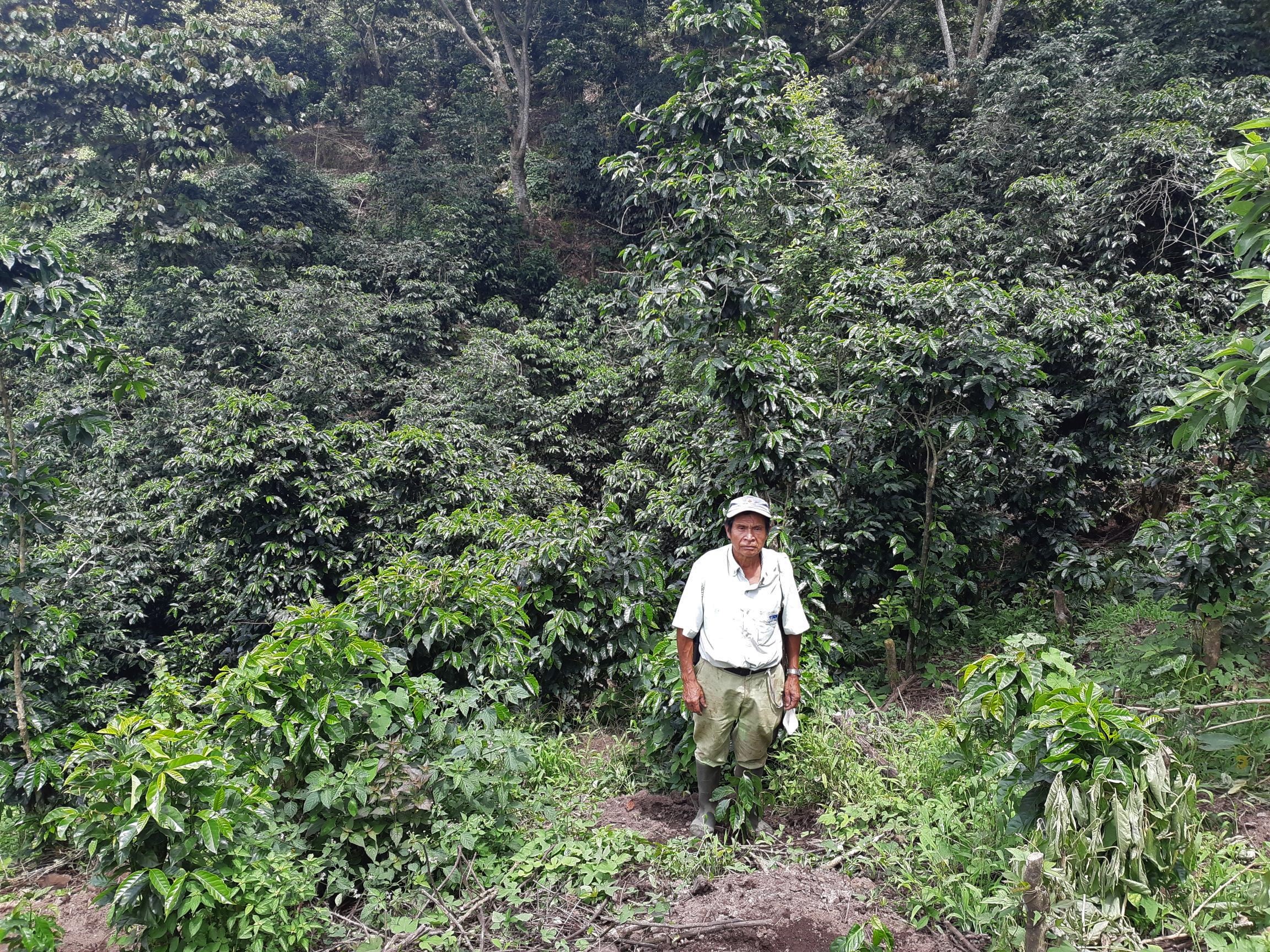EL Salvador Miramar Natural Anaerobic GrainPro
Bags 0
Warehouses Oakland
Flavor Profile Red grape, cherry, chocolate, heavy
Out of stock
About this coffee
Grower
Finca La España | Alfaro Family | Beneficio El Carmen
Altitude
1550 – 1730 masl
Variety
Bourbon, red and pink Bourbon, Pacamara, Geisha and Kenya SL28
Soil
Volcanic loam
Region
Santa Tecla, La Libertad, El Salvador Nuila (ALFACOMER, S.A. de C.V.) | Beneficio El Carmen
Process
Full natural and sun-dried on raised beds
Harvest
December - March
Certification
Conventional
Coffee Background
El Salvador is a country in renaissance when it comes to coffee. The civil war has been over for nearly three decades and subsequent decades of violence has begun to wane. Leaf rust is ever present but renovation strategies have curbed the crisis. Almost everybody has coffee know-how drawn from three or four generations. There are simply no limits to the ways this generation of El Salvadoran producers have embraced the specialty coffee market with the duality of tradition and innovation. The best of the best often come to the top because of the prestige of the mill where the coffee is prepared for export. This is certainly the case for Beneficio El Carmen where coffee is expertly processed in any number of ways and gently dried on clay patios or raised beds. Fernando Alfaro, the fourth generation to run his family’s mill, works tirelessly with coffee coming from many estates. A combination of experience and a state-of-the-art cupping lab are used to make decisions about how to bring out the best in each coffee. This is exactly the case with this anaerobic processed lot from a 45-acre estate called Finca Miramar, which is located near the town of Santa Tecla within the department of La Libertad. Known for experience in traditional processing, the team at El Carmen has taken their game to another level with controlled fermentations. To be precise, cherries from this lot were placed in airtight barrels for 96 hours with selected microbes and carefully controlled temperature to ensure a precise fermentation. Next the cherries were placed on raised beds and turned regularly for more than 30 days to ensure gentle and even drying. The processing method is innovative and also saves a tremendous amount of water resources, which is good for the environment.



